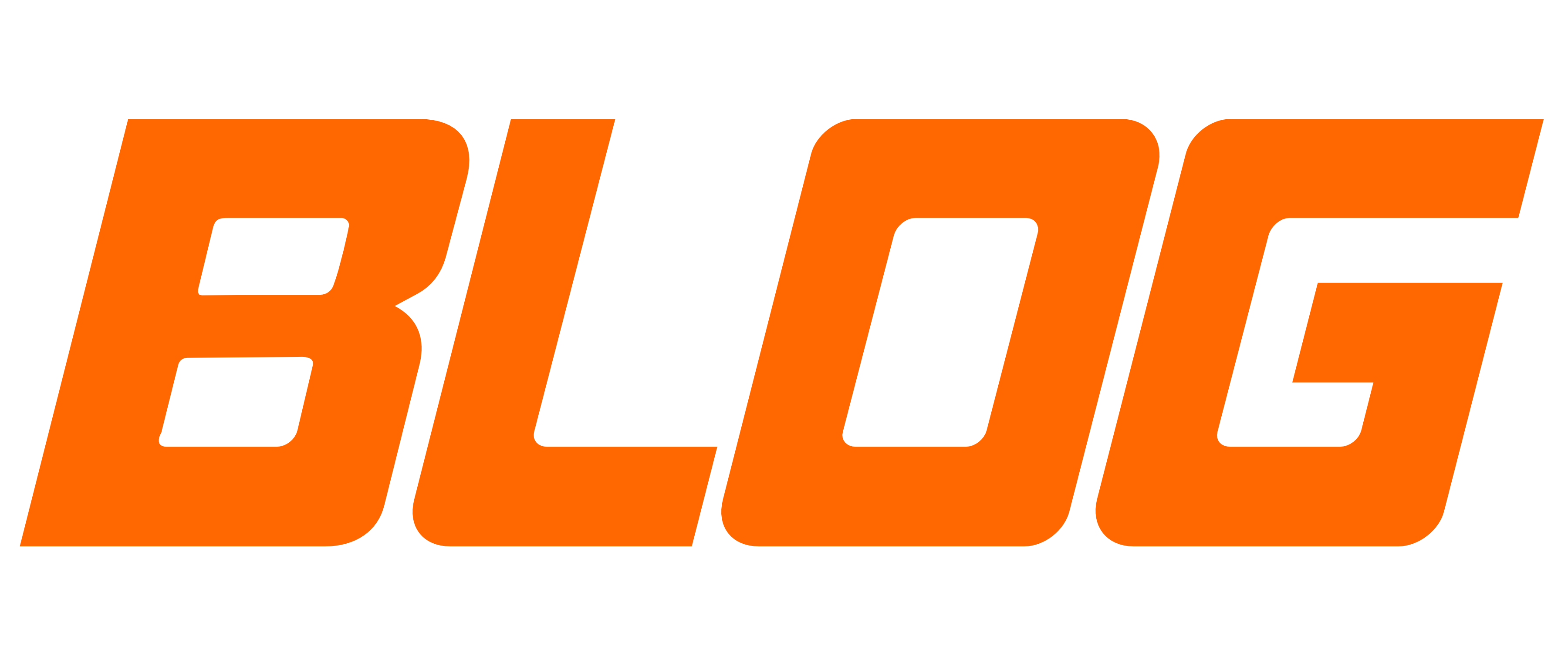
How Does SEO Work?
A Beginner’s Guide
If you own a business and you have been on the web you’ve run into the acronym SEO a few times. This relatively new idea has become essential to marketing and outreach for businesses in the Web 2.0 age.
Before we go too far the question “what does SEO stand for?” needs to be answered. Search Engine Optimization (SEO) is the direct translation. More useful to you, it means relevancy in the easy to get lost in the online world.
The usefulness of SEO has been debated and tested. But, how does SEO work for you? It drives e-commerce by putting you in front of people looking for what you offer within an area.
Now that we’ve touched on the why, this beginner’s guide will explain the basics of what SEO does and how.
How Does SEO Work?
SEO, as a term, bundles several vital components of the way the Internet works into one label.
This guide will explain the importance of off-page SEO and on-page. Off-page takes the form of indexes, searches, and backlinks. On-page works through website optimization and internal links.
Indexes
Unlike a library, the Internet changes too often to let people just look at the shelves and find what they want. It needs something beyond an alphabetical system to coordinate information.
Indexes link websites to each other. The more websites that reference a site, the more relevant to users that site is deemed.
To provide you with a result that fits your needs, relevancy force selects answers.
Searches
Search engines try to deliver the best information they can. To accomplish this task, they need to understand the relevance of information in conjunction with specific, or key, words.
The more of the right keywords you have appearing on your page, the more likely the algorithm powering the search will find you.
SEO engineers the most useful words so they are identified by the algorithm and return the right result.
Backlinks
Backlinks help both of the above. These links between sites show that not only does your site get accessed but it also relates back to other sites. The more integrated a website, the more relevance it has.
Backlinks both lend and borrow relevancy. Think of a community, the people that help out the most get noticed. The miserly fellow on the hill that only helps himself gets ignored, no matter his power.
Website Optimization
SEO also covers WPO (web page optimization). This process creates landing pages that load quickly. They also display the needed information to algorithm creators.
A useful webpage is one that loads quickly and efficiently. A landing page that is little more than a directory gets rejected over a page that delivers the goods.
You wouldn’t want to be given directions to a place where you can get directions. You would rather just go where you are headed.
Useful sites like WPO aggregates publish results of changes to individual sites. These aggregates help SEO engineers understand how the algorithms work. They can then develop better content and return better results.
Internal Links
While backlinks provide relevancy for the indexing and spiders, internal links re-engage people into your own page. These links keep people on your website by showing them how much more you have to offer.
Good internal links flow naturally. Remember the last time you found that you just spent an hour on YouTube or Wikipedia just idly searching ‘one more’? That is internal linking at work.
Get Noticed
The basics of understanding the question of how does SEO work are really common sense. SEO is just a complicated way of explaining to a machine why it should pick you. The technical aspects take a lot of explaining.
The best SEO comes from experience and versatility. Check out our team to see why we get results.